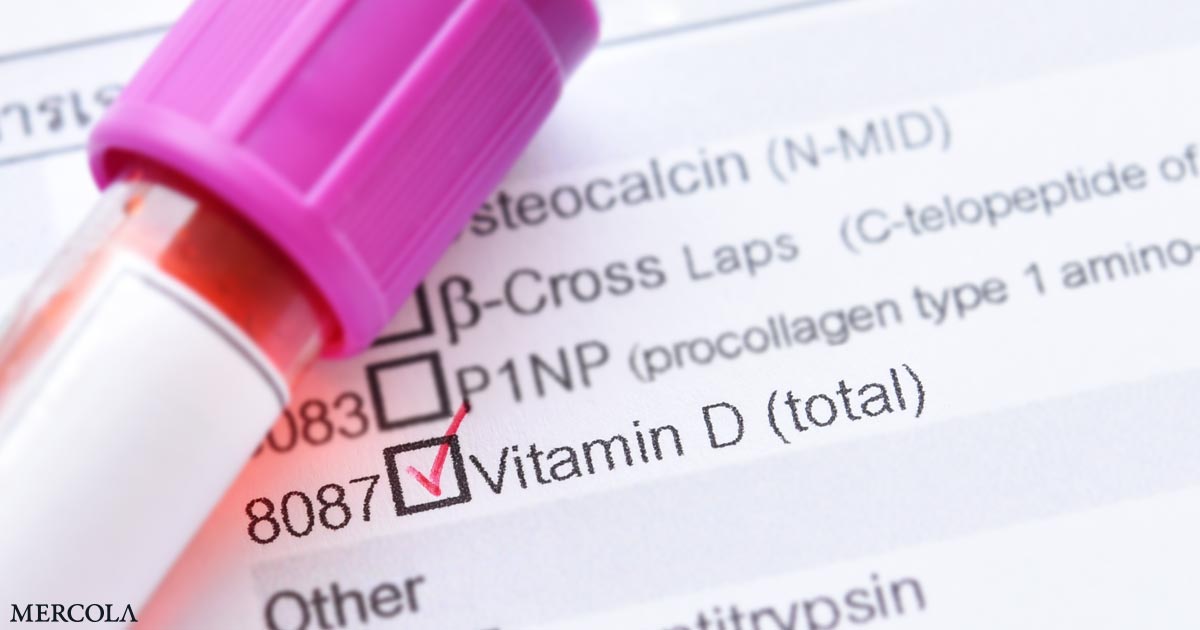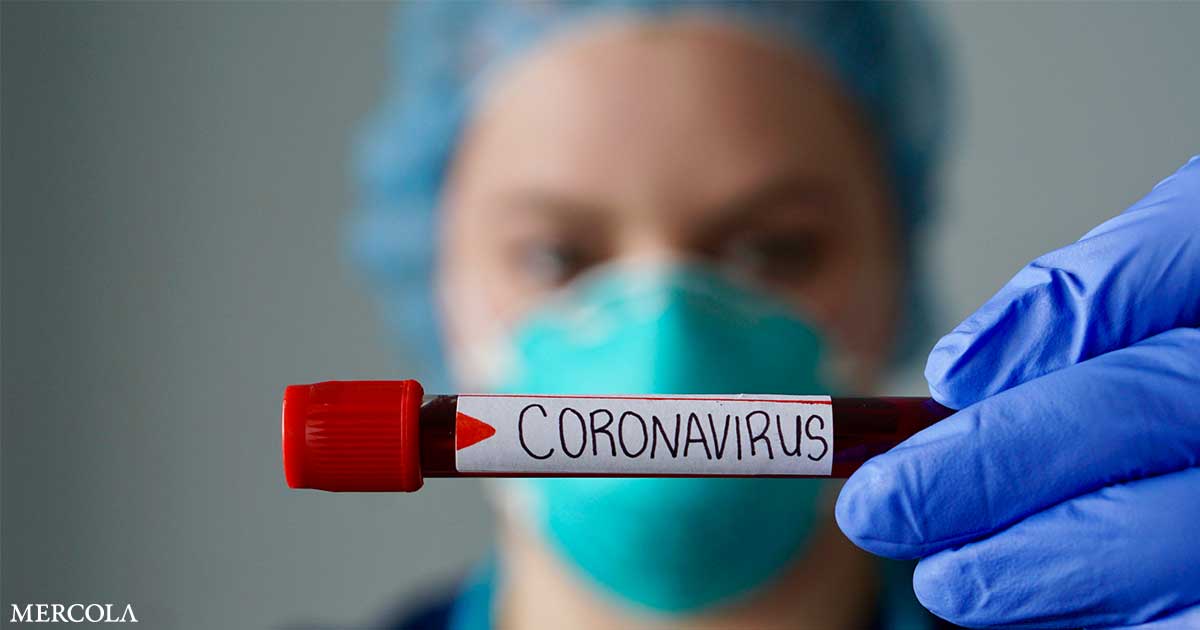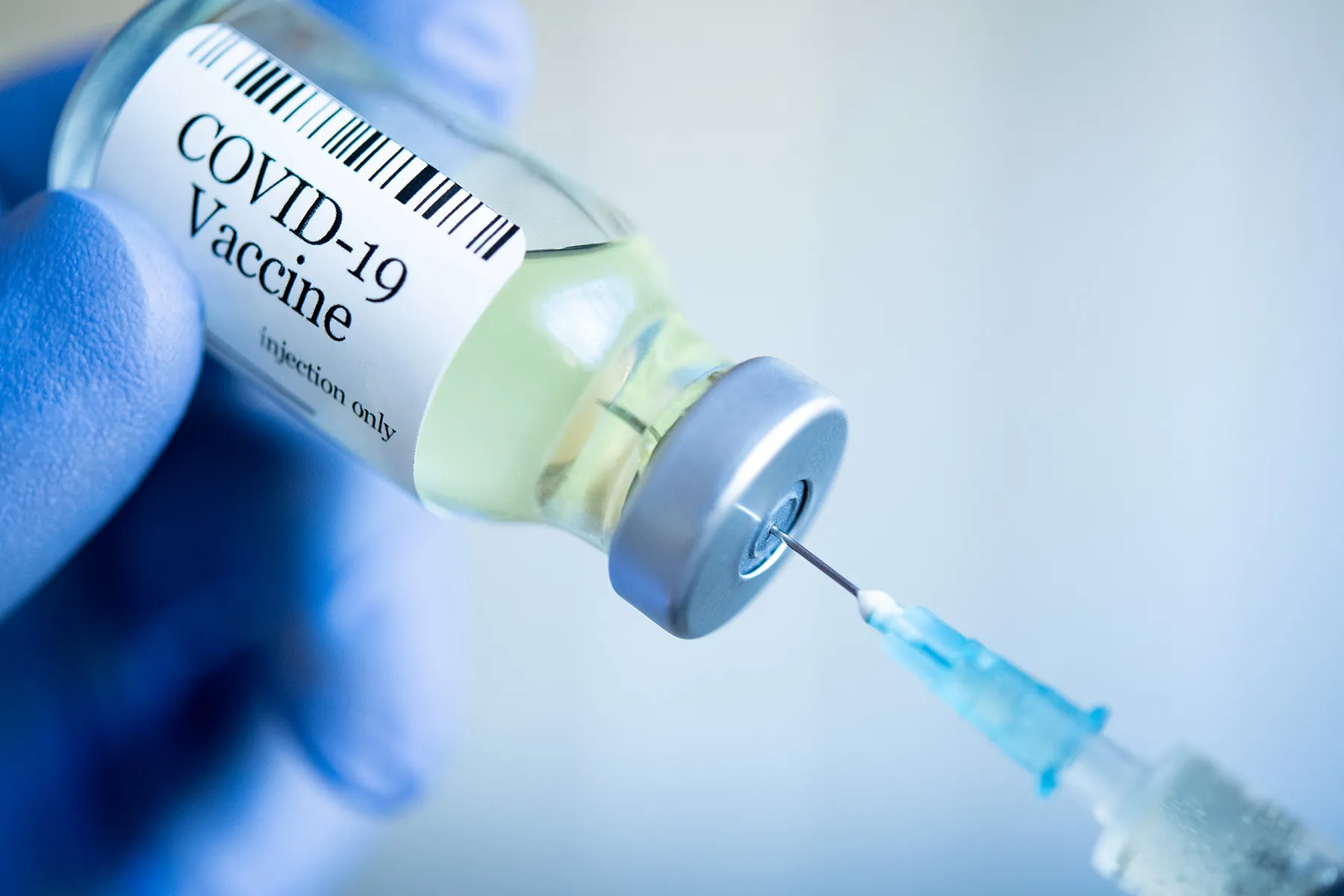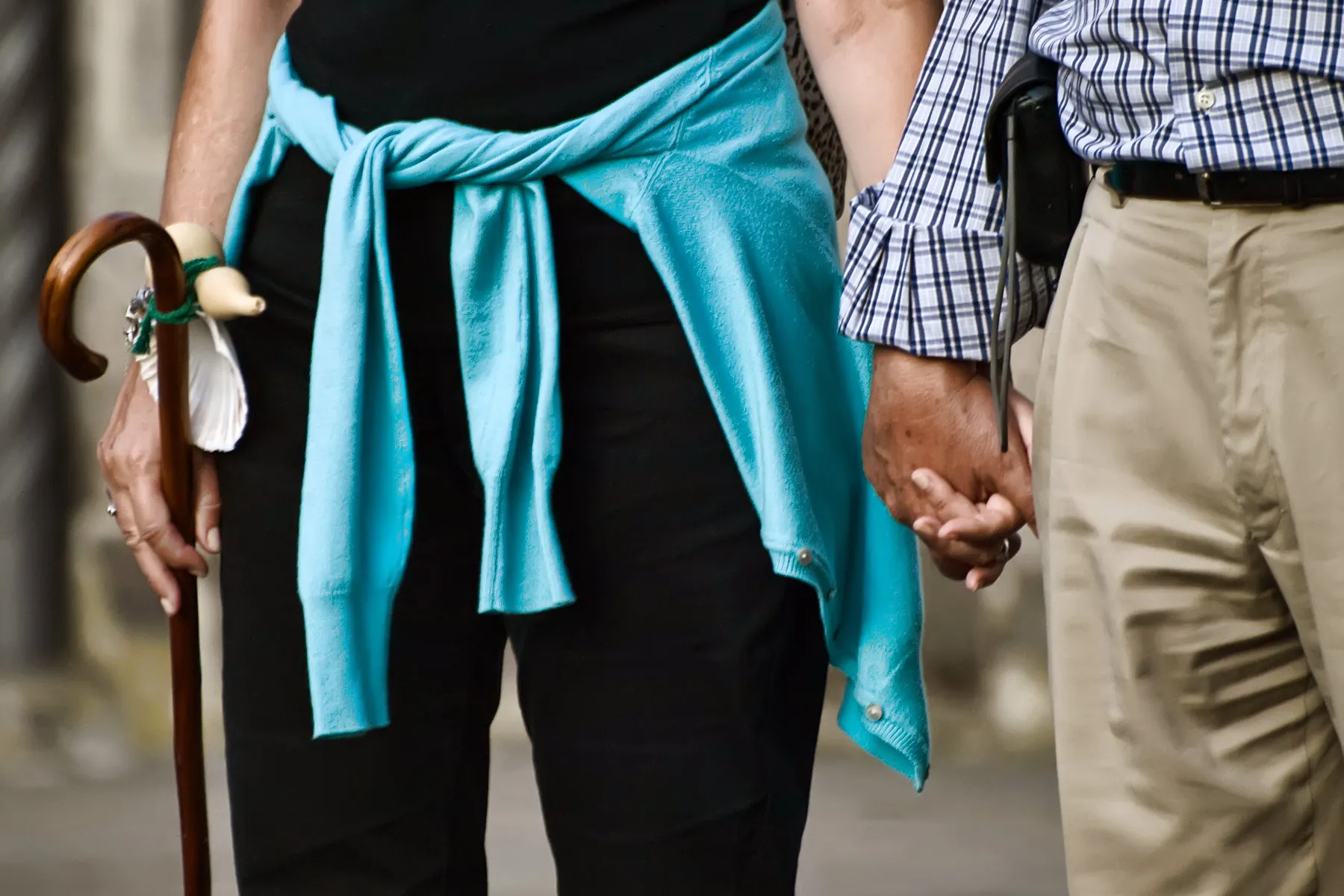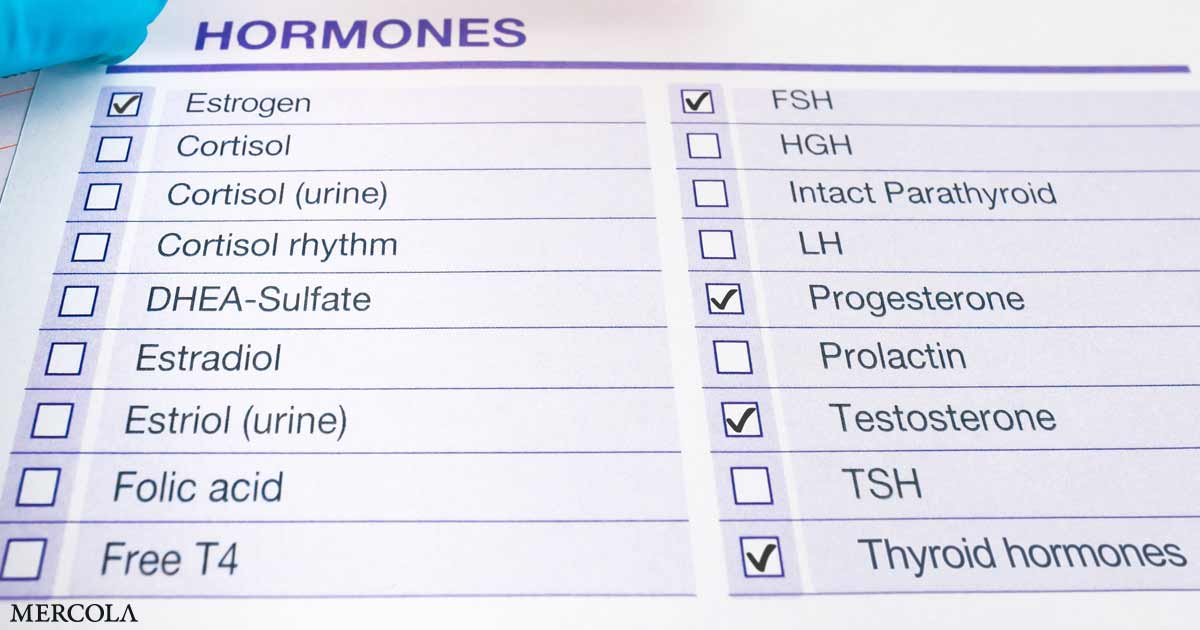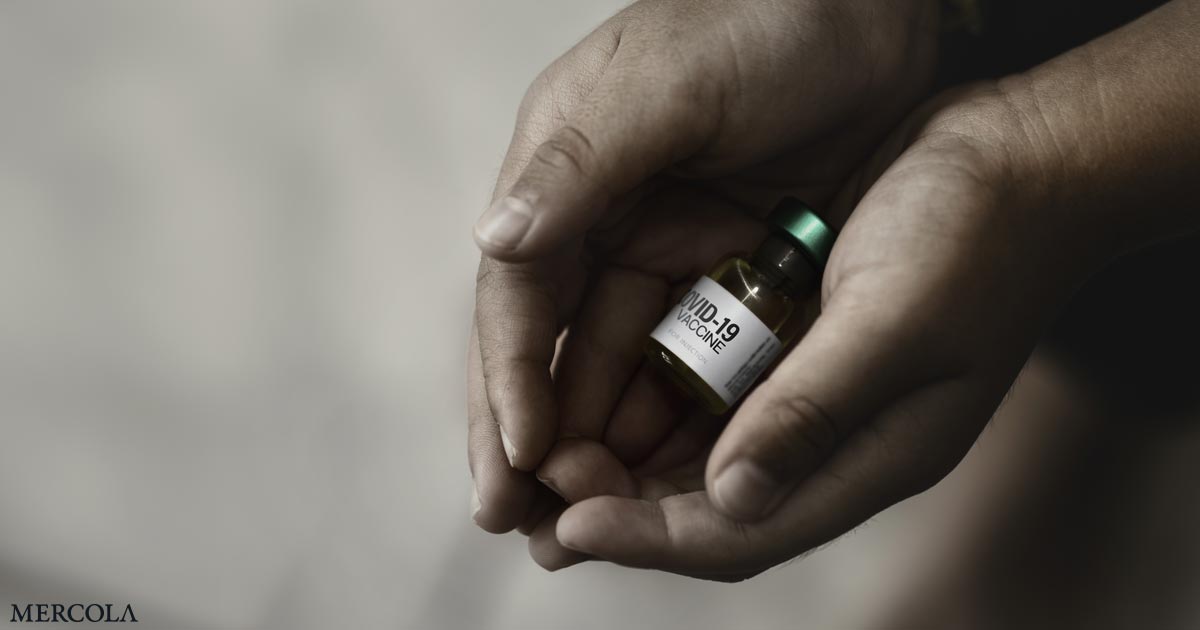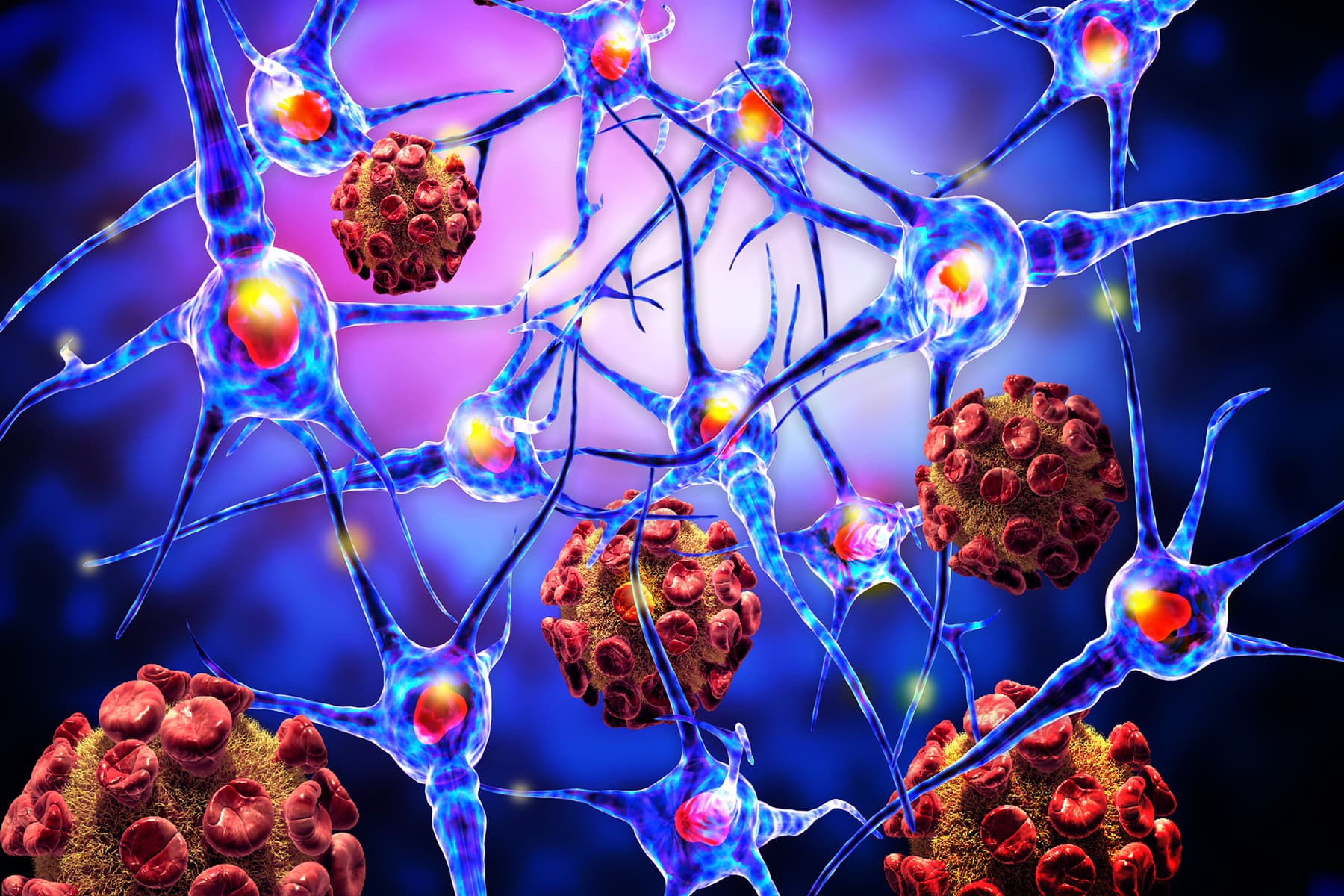
[ad_1]
Dec. 2, 2022 – Michael Gustafson was athletic, a state gymnastics champ earlier than being recognized with mind most cancers when he was 10.
Whereas the analysis meant he had to surrender gymnastics, Michael went on to play basketball and baseball, run cross-country, and, later, play golf.
“Even when he might solely stroll 4 or 5 holes, his coach nonetheless let him be a part of the workforce, and he made such an influence simply by his unbelievable stamina and perseverance and optimistic perspective,” says Allen Gustafson, Michael’s father. “So, his journey as an athlete continued all through his most cancers proper to the very finish. It was a lot part of him.”
However there was additionally extra to Michael, who died when he was 15. He was additionally type. “In the future he awakened from a nap, and he known as his mother and me into his bed room. He stated, ‘I’ve acquired it – I do know what I’ll do. I’ll donate my physique to science, and they’ll use me to discover a remedy for most cancers.’ He known as it his ‘grasp plan.’ “
That promise from Michael not solely led his dad and mom to in the end create a pediatric most cancers analysis basis, it additionally illustrates an uncomfortable however necessary subject: The necessity for researchers to entry tissue from youngsters who die of mind most cancers.
“He at all times wished to be a scientist,” Michael’s dad says. “He thought that will be a good way to make the world a greater place. He thought science might do this.
“I feel that fueled a part of his enthusiasm to donate his physique. It was the one factor that form of aligned together with his imaginative and prescient of his life from when he was only a younger boy,” he says.
The Ask
“Have you ever thought of tissue donation?”
These 5 easy phrases might have a profound influence on pediatric mind most cancers analysis – and on youngsters with mind most cancers and their households, in response to pediatric neuro-oncologist Vijay Ramaswamy, MD, PhD, at The Hospital for Sick Youngsters in Toronto.
However households who’ve misplaced a toddler to mind most cancers typically aren’t made conscious of the choice to contemplate postmortem tissue donation, he says.
Ramaswamy, together with a bunch of dad or mum advocates and colleagues, goals to alter that. In a latest peer-reviewed article within the Journal of Scientific Oncology, they supply a motive and a technique to inform sufferers and households concerning the choice to donate.
“A cultural shift is required throughout the pediatric mind tumor group, very like the one which occurred for organ donation, with the purpose to supply each household, anyplace on this planet, the choice to donate,” they wrote.
The article summarizes lots of the ideas and tales that have been shared at a convention in 2018 by greater than 120 dad and mom who had misplaced a toddler to mind most cancers. That assembly in Philadelphia had got down to establish actual and perceived obstacles to postmortem tissue donation.
The underside line: Many sufferers and households have been unaware of the advantages and significance of tissue donation, and lots of would have thought of donation had they identified concerning the possibility; some expressed resentment that they’d not been knowledgeable, whether or not they would have determined to donate or not.
The hospitals the place Michael acquired care could not assist with postmortem donation, so that they turned to different dad and mom and in addition to his pediatrician for steering, and ultimately discovered a manner.
However they knew it should not be so troublesome.
Simply earlier than Michael’s dying in 2015, after they realized there was no nationwide, coordinated effort to do such tissue donation and “get this valuable reward into researchers’ labs,” the Gustafson household shaped the Swifty Basis, a personal group to learn pediatric most cancers analysis. “Swifty” was a favourite nickname that Michael’s grandfather gave these he favored, and Michael selected it as a “optimistic and enjoyable” alternative for the identify of the inspiration.
The endeavor ultimately led to collaboration with researchers, well being care suppliers, and different households who had misplaced a toddler to mind most cancers, and resulted within the creation of Reward from a Baby, a postmortem central nervous system tumor assortment program.
Reward from a Baby is a community of six Facilities of Excellence throughout america which are regional post-mortem websites for coordinating and processing tissue donations and producing preclinical fashions for analysis.
Tissue donations are saved at Youngsters’s Mind Tumor Community, a repository for researchers throughout the nation who’re working to enhance therapy and outcomes for kids with mind most cancers.
“Our mission is to make postmortem tissue collections an possibility for any household within the U.S., irrespective of the place they stay or the place they’re handled,” Gustafson says.
The power to meet Michael’s want and plan, and to make his plan accessible to so many others, introduced solace to him and to his household.
“It was fairly a step in our personal journey of grief,” Gustafson says, including that Michael’s brother and sister, together with cousins and pals, have been part of the trouble. “One of many great issues that occurred was after we began listening to again … about how Michael’s tissue was getting used for sure research and in sure publications.”
Now the purpose is to alter the tradition within the pediatric mind most cancers group in order that tissue donation turns into a extra broadly supplied possibility, he and Ramaswamy say.
“In a journey the place a lot has been taken from households, households deserve the chance to make a considerate choice about this probably life-giving alternative,” the authors wrote within the journal article.
“Though donation won’t be proper for each household, asking households to contemplate postmortem donation ought to not be the exception as a result of households deserve the best to decide on for themselves,” they concluded.
A central theme amongst dad or mum advocates is that households and sufferers do wish to be requested and given the chance to donate tissue to assist additional most cancers analysis.
“Particularly, there was broad consensus that processes have to be embedded that require clinicians to broach the subject and ask all households,” the authors wrote.
A failure to ask robs these households of an necessary alternative, they identified.
Well being care suppliers could really feel uncomfortable broaching the topic, and there could also be challenges with logistics, timing, and spiritual concerns, the authors acknowledged.
“If clinicians don’t ask, they’re depriving households of … one thing good coming from their tragic loss, furthering analysis, a legacy for his or her youngster, that means/function for an adolescent affected person, and assist in a household’s grieving course of,” they emphasised.
“Clinicians have a duty to those households and to their present sufferers to offer this avenue for furthering analysis. This reward can solely be given by these households … subsequently, by failing to ask for postmortem, they’re deciding for the household to not donate.”
Actually, selecting donation could be a significant step within the grieving course of, they famous, sharing the phrases of a bereaved mom: “With the ability to donate one thing which will forestall one other youngster from struggling how our daughter did was essential to our closure. It was useful to our household to know she was contributing even after dying: to know there was one final thing she might do after she’d taken her final breath.”

